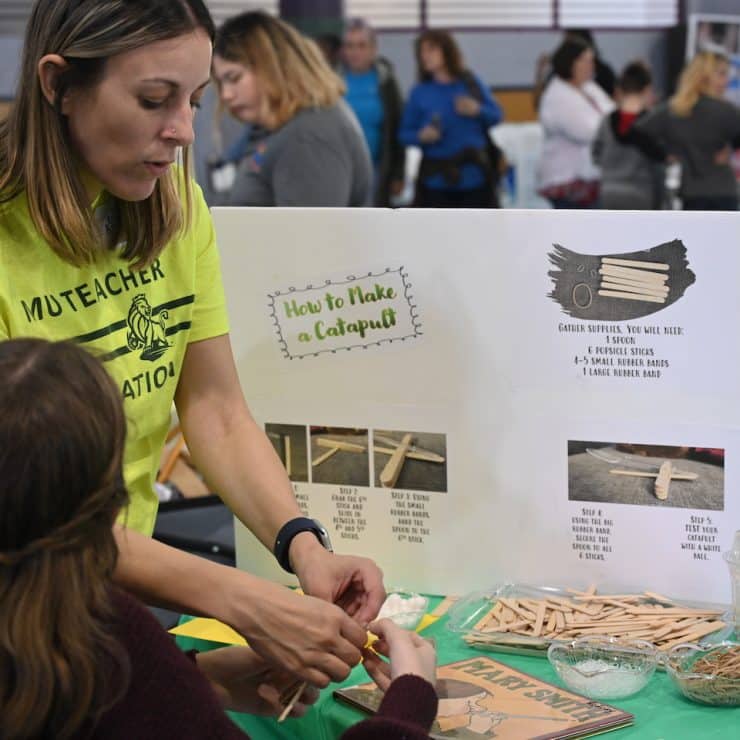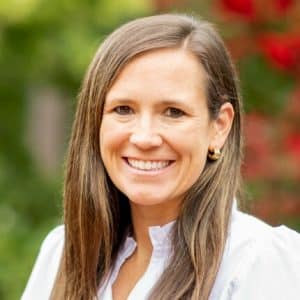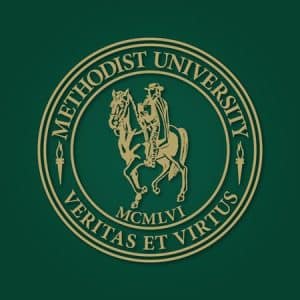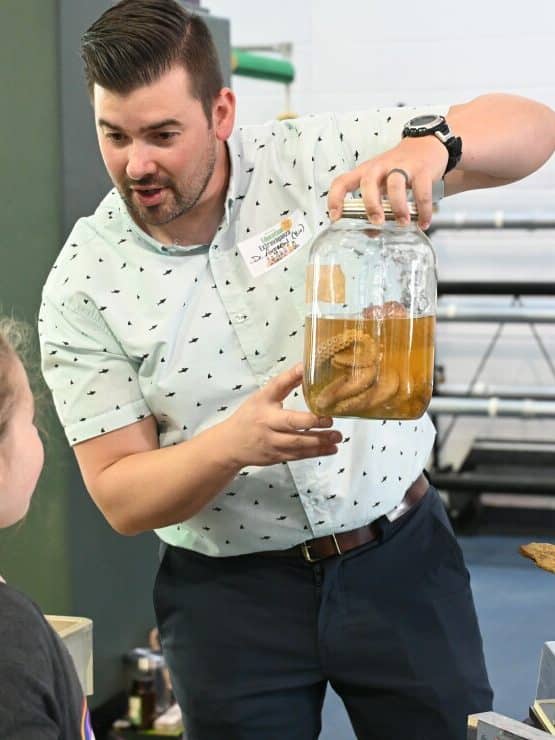
Teacher Education
One of the primary concerns of the university, as well as one of its principal opportunities for service, is in the field of teacher education. The university is committed to meeting the need for well-trained and dedicated teachers. It recognizes teacher education as an institution-wide responsibility. The unifying theme for all of the education programs is the development of professional educators as facilitative teachers who understand and value the process of learning.
Mission
The Teacher Education programs prepare students to become dynamic, engaging teachers who have a commitment to teaching all children. The department is oriented towards reflective, student-driven practice; research that is authentic and reflects university and community needs; consistent improvement; and content mastery.
Values
The Education Department believes the primary purpose of teaching is to provide every child with the opportunity and instruction needed to maximize his or her talents, ability, and ethical potential.
Goals
- Graduates will demonstrate leadership in the classroom, school, and profession
- Graduates will advocate for schools and students
- Graduates will demonstrate high ethical standards
- Graduates will establish a respectful environment for a diverse population of students
- Graduates will know the content they teach
- Graduates will facilitate learning for their students
- Graduates will reflect on their practice
Undergraduate Majors
The following undergraduate majors lead to North Carolina licensure:
Residency Licensure Program
Have a degree in something other than education? Looking to change careers and go into teaching? The 100% online Residency Licensure Program will give you the essential coursework for North Carolina teaching licensure.
Undergraduate Non-Licensure Programs
M.Ed. in Educational Leadership: Instructional Technology
There is an increased demand in the education profession for leaders who are proficient in the use of instructional technology. With a 100% online master’s degree from MU, you’ll be prepared to successfully integrate educational technology and lead improvement efforts in your school.
Accreditation
The Methodist University Teacher Education Program (MUTEP) is accredited by the North Carolina Department of Public Instruction (NCDPI). The MUTEP offers teaching licensure programs for Elementary Education (K-6); Special Education: General Curriculum (K-12); Middle Grades Education (6-9) with a concentration in Language Arts, Mathematics, Science, and Social Studies; Secondary Education (9-12) in English, Mathematics, Science, and Social Studies; Specialty Areas (K-12) including Art, Music (Vocal and Instrumental), Health and Physical Education; and School Social Worker. In addition to the licensure track, the department offers a non-licensure degree, B.S. in Educational Studies, and add-on licensure programs in Academically and Intellectually Gifted (K-12) and Teaching English as a Second (ESL) (K-12). If a Teacher Candidate takes the licensure exam after completing four add-on courses, then the Teacher Candidate will be able to graduate with an additional teaching certificate. The Teacher Education Program provides a fully online Residency Program for candidates who graduated without licensing but earned a bachelor’s degree.
Title II
The Teacher Education Program at Methodist University is in compliance with Title II of the Higher Education Act. Contact the Teacher Education Program for a copy of the report.
Complaint Process
The North Carolina State Board of Education (SBE) has jurisdiction to investigate allegations of noncompliance regarding specific laws and rules. Complaints may address Educator Preparation Program requirements set forth in Article 15(D) of Chapter 115C. The SBE does not have jurisdiction over complaints related to contractual arrangements with an EPP, commercial issues, obtaining a higher grade or credits for training, or seeking reinstatement to an EPP. All complaints filed with the SBE must be in writing. A person or entity may file a written complaint with SBE by filling out and submitting online and/or mailing or faxing a hard copy to the address on the form.
Teaching License Reciprocity
Transferring teaching licenses between states is governed by the state governments and the National Association of State Directors of Teacher Education and Certification (NASDTEC). Many states consider themselves “full reciprocity” and will convert a NC Teaching License to the target state license immediately. Some jurisdictions may choose to have additional Jurisdiction Specific Requirements (JSRs) depending on the years of experience and currency of the teaching license. Candidates who wish to convert a NC teaching license to a license in another state should consult the National Association of State Directors of Teacher Education and Certification.
Policy on Conflicting Requirements
Teacher Education is a highly regulated field, and requirements may change annually. In cases where the State or its agents (the NC General Assembly, the Department of Public Instruction, or the State Board of Education) enact laws or policy that conflict with MUTEP requirements, the State agency’s ruling shall have precedence.
Field Experience
All Teacher Candidates seeking teacher licensure must complete a field experience each semester they are enrolled in the Teacher Education Program (MUTEP). Teacher Candidates are required to complete a background check and field placement application each semester before a field placement request is placed for the schools for the following semester. Teacher Candidates are expected to complete the application on or before the deadline specified and communicated by the Teacher Education Department. Please contact the Teacher Education Department administrative assistant with questions. Additional requirements for field experiences vary according to program rules, North Carolina statutes, and Department of Public Instruction (NCDPI) policies. According to NCDPI, Teacher Candidates are required to complete one field placement experience in a Title 1 or low performing school. Elementary Education candidates must complete a Field Experience at each of three levels: K-1, 2-3, 4-5. Special Education (General Curriculum) candidates must complete a Field Experience at each of three levels (K-5, 6-8, and 9-12) and across three different exceptionalities. Middle Grades candidates must complete their Field Experiences in grades 6-9 in their licensure area(s). Secondary Education candidates must complete their Field Experiences in grades 9-12 in their licensure area(s). Specialty area (K-12) candidates must complete a Field Experience at each of three levels: K-5, 6-8, 9-12.
Department Co-Chairs
Courtney Samuelson, Ph.D.

Elizabeth Schrecengost, Ed.D.


